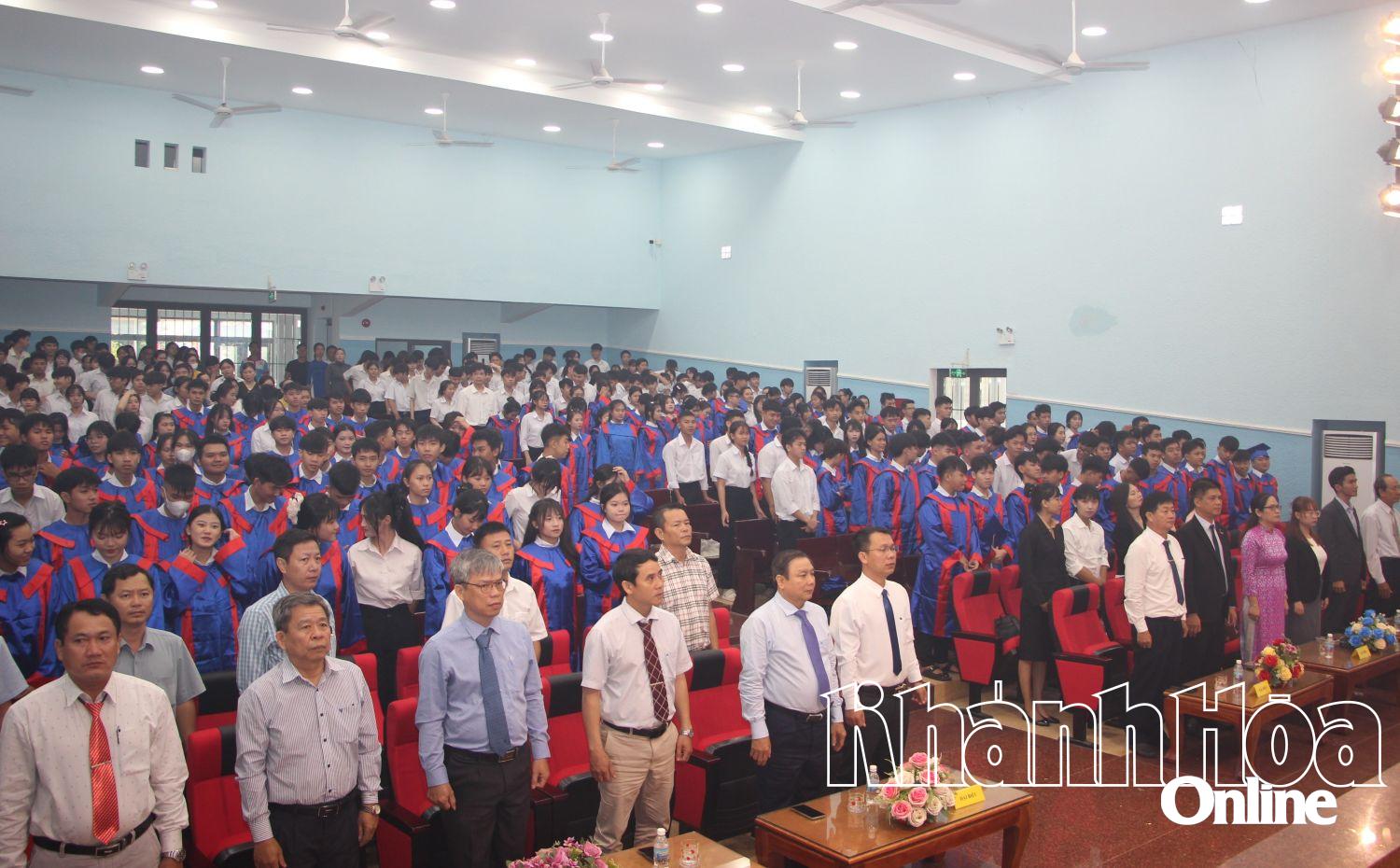Beyond the Headlines : Examining how today’s news cycle is redefining the global landscape of energy and climate policy as breaking news today spotlights record investment in renewable energy.
- Momentum Builds: Global Tech Funding Surpasses $2 Trillion Reflecting Latest News and a Wave of Disruptive Advancements.
- The Rise of AI and Machine Learning
- The Impact of Venture Capital Funding
- The Growing Importance of Sustainable Technology
- Clean Energy and Battery Technology
- The Metaverse and Web3 Technologies
- Challenges and Opportunities in the Metaverse
Momentum Builds: Global Tech Funding Surpasses $2 Trillion Reflecting Latest News and a Wave of Disruptive Advancements.
The global technology landscape is undergoing a dramatic shift, fueled by unprecedented investment and groundbreaking innovation. Recent reports indicate that global tech funding has now surpassed $2 trillion, a landmark achievement signaling strong investor confidence and a wave of disruptive advancements across various sectors. This surge in investment is driven by a confluence of factors, including the increasing digitization of businesses, the rise of artificial intelligence, and the growing demand for sustainable technologies. This represents the latest news in a rapidly evolving industry, with far-reaching implications for the global economy.
The Rise of AI and Machine Learning
Artificial intelligence (AI) and machine learning (ML) are at the forefront of this technological revolution, attracting significant investment and driving innovation across industries. From autonomous vehicles and personalized medicine to advanced robotics and intelligent automation, AI applications are transforming the way we live and work. Companies are increasingly leveraging AI to improve efficiency, reduce costs, and create new revenue streams. This has led to a surge in funding for AI startups and established tech giants are making substantial investments in AI research and development. The ethical considerations surrounding AI are also gaining prominence, leading to discussions about responsible AI development and deployment.
The Impact of Venture Capital Funding
Venture capital (VC) funding plays a vital role in nurturing innovation and supporting the growth of emerging tech companies. The increased availability of VC funding has empowered entrepreneurs to pursue ambitious ideas and disrupt traditional industries. Investors are seeking out companies with the potential to generate high returns, focusing on areas such as fintech, healthcare, and enterprise software. This influx of capital is fueling rapid growth and creating new jobs in the tech sector. However, it also brings increased pressure to deliver results and maintain a competitive edge. The sheer volume of funding is presenting both opportunities and challenges for the venture capital landscape.
| Region | Funding Amount (USD Billions) |
|---|---|
| North America | 785 |
| Asia-Pacific | 620 |
| Europe | 310 |
| Other | 285 |
The Growing Importance of Sustainable Technology
Sustainability is becoming an increasingly important consideration for investors and consumers alike. Companies that are developing environmentally friendly technologies are attracting significant funding and gaining a competitive advantage. This includes innovations in renewable energy, energy storage, and sustainable agriculture. Investors are recognizing the potential for long-term value creation through sustainable investments. The demand for sustainable solutions is driven by growing concerns about climate change and the need to reduce carbon emissions. Businesses are actively seeking ways to minimize their environmental impact and contribute to a more sustainable future.
Clean Energy and Battery Technology
Investment in clean energy technologies, such as solar, wind, and geothermal, is accelerating rapidly. The cost of renewable energy has decreased dramatically in recent years, making it more competitive with fossil fuels. Furthermore, advancements in battery technology are enabling greater energy storage capacity, improving the reliability and efficiency of renewable energy sources. Significant funding is also going into the development of next-generation battery technologies, such as solid-state batteries, which promise higher energy density and improved safety. This is a critical area for innovation, as energy storage is essential for transitioning to a fully sustainable energy system. The development of effective energy storage solutions is crucial for addressing intermittency issues associated with renewable energy, ensuring a consistent and reliable power supply.
Government incentives and regulations are also playing a key role in driving the adoption of sustainable technologies. Policies such as carbon pricing, tax credits for renewable energy projects, and stricter environmental standards are creating a favorable environment for investment in clean energy. Consumers are also increasingly demanding sustainable products and services, putting further pressure on businesses to prioritize sustainability. This confluence of factors is creating a virtuous cycle, where investment drives innovation, and innovation drives adoption, further accelerating the transition to a more sustainable economy.
However, challenges remain. The infrastructure for supporting widespread adoption of sustainable technologies needs further development. Scaling up production of renewable energy technologies and battery manufacturing requires significant investment and logistical planning. Addressing supply chain vulnerabilities and ensuring responsible sourcing of materials are also critical considerations. Overcoming these challenges will require collaborative efforts from governments, businesses, and research institutions.
The Metaverse and Web3 Technologies
The metaverse and Web3 technologies are creating new opportunities for innovation and investment. The metaverse, a virtual world where users can interact with each other and with digital objects, is attracting significant interest from tech companies and investors. Web3, a decentralized version of the internet powered by blockchain technology, promises greater transparency, security, and user control. These technologies have the potential to revolutionize various industries, including entertainment, gaming, and commerce. However, significant challenges remain. Scalability, interoperability, and regulatory uncertainty are hindering the widespread adoption of these technologies.
- Decentralized Finance (DeFi)
- Non-Fungible Tokens (NFTs)
- Blockchain Gaming
- Virtual and Augmented Reality
| Technology | Investment (USD Billions) | Projected Growth Rate (%) |
|---|---|---|
| Metaverse Platforms | 120 | 35 |
| Web3 Infrastructure | 85 | 40 |
| NFT Marketplaces | 30 | 25 |
| Decentralized Applications (dApps) | 55 | 30 |
Challenges and Opportunities in the Metaverse
Developing compelling metaverse experiences requires significant investment in content creation, infrastructure, and user interface design. Creating immersive and engaging virtual worlds that are accessible and user-friendly is a significant challenge. Interoperability between different metaverse platforms is also crucial, allowing users to seamlessly move between virtual experiences. Privacy and security concerns are paramount, as the metaverse requires the collection and processing of large amounts of user data. Establishing robust data protection measures and addressing potential risks is essential. Regulatory frameworks for the metaverse are still evolving, creating uncertainty for businesses and investors. Clear and consistent regulations will be needed to foster innovation and protect users.
Despite these challenges, the opportunities in the metaverse are enormous. The metaverse has the potential to disrupt traditional industries, creating new revenue streams and business models. Virtual events, digital real estate, and virtual commerce are just a few examples of the potential applications. The metaverse also offers new avenues for social interaction, creativity, and self-expression. The development of immersive metaverse experiences could lead to new forms of entertainment, education, and collaboration. The key to unlocking the full potential of the metaverse lies in addressing the challenges and fostering a collaborative ecosystem.
The interplay between Web3 and the metaverse is also critical. Web3 technologies can provide the underlying infrastructure for a decentralized and secure metaverse, empowering users with greater control over their data and digital assets. Blockchain-based NFTs can enable ownership of virtual assets, creating new economic opportunities for creators and collectors. Decentralized Autonomous Organizations (DAOs) can provide a framework for community-governed metaverse platforms, fostering greater user participation and transparency. This symbiosis between Web3 and the metaverse promises to reshape the digital landscape.
- Growth in AI applications
- Increased venture capital investments
- Demand for sustainable technologies
- Development of the Metaverse
The current surge in global tech funding signifies a period of unprecedented innovation and opportunity. The convergence of AI, Web3, and sustainable technologies is driving transformative change across industries, creating new possibilities for economic growth and social progress. Continued investment in these areas will be essential for addressing global challenges and building a more sustainable and equitable future. The dynamism of the tech sector ensures a continual stream of improvements and possibilities for generations to come.


























